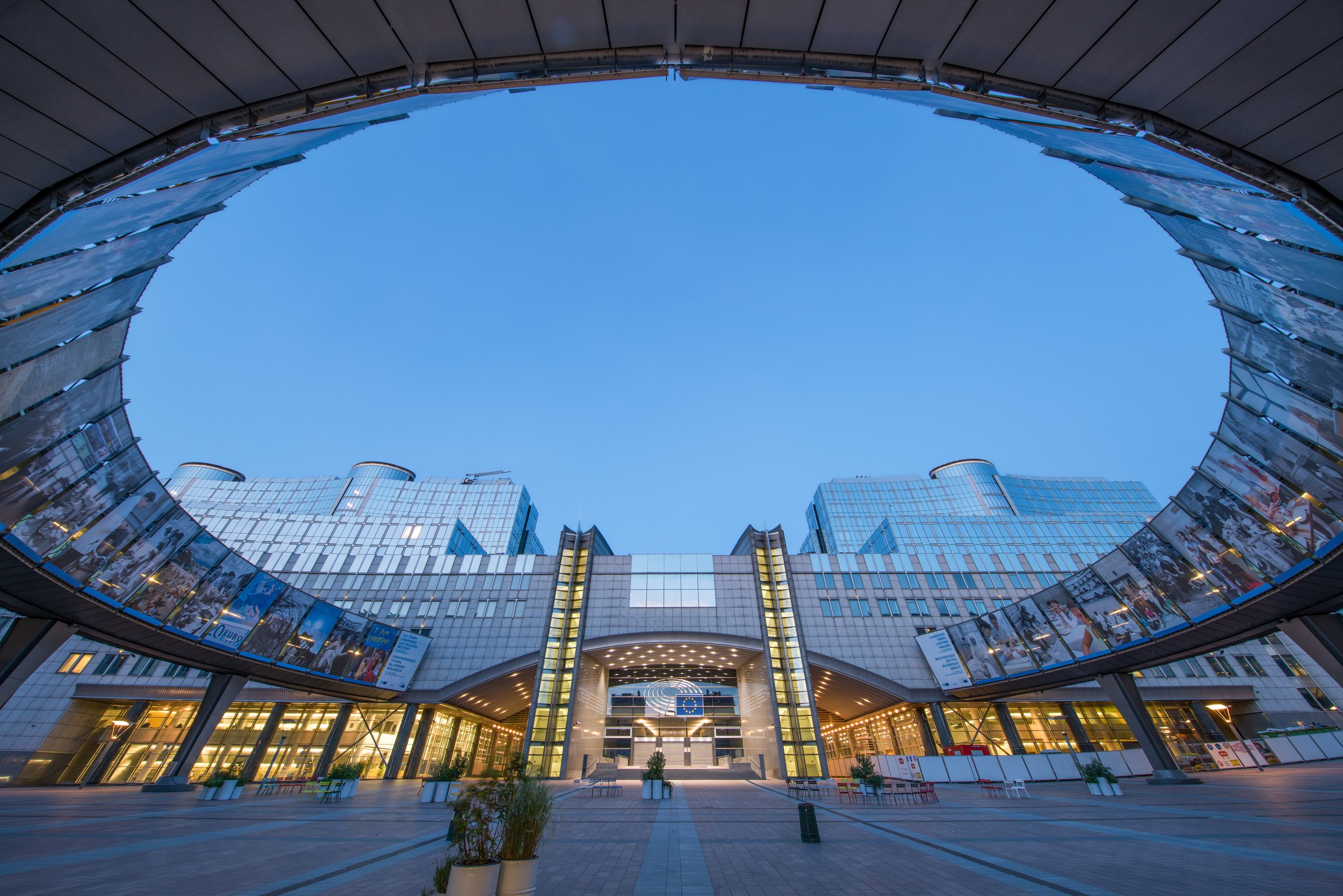The EU Takes Aim: Bold New Legislation on Big Tech & its Impact
If you’re a regular reader, you’ll know that we have often called for tighter regulation (within reason) of big tech companies and AI on an international scale. We are therefore delighted to report that we finally have some!
In governing bodies’ collective fight to gain some sort of control over big tech, the European Union (EU) has emerged as the frontrunner with its recent landmark legislation — the Digital Services Act (DSA) and the Digital Markets Act (DMA) — aiming to reshape the online landscape.
These laws, while primarily targeting the activities of large tech companies within the EU (an economic bloc with a population of over 400 million people), have the potential to trigger somewhat of a ripple effect globally, impacting not only how these companies operate within the economic bloc but also setting a precedent for other jurisdictions in their own legislative goals.
The DSA, which came into full effect in February 2023, focuses on content moderation and online safety. It mandates platforms to take down illegal content more swiftly, address hate speech and flag pieces of disinformation, and increase transparency in their own algorithms.
The DMA, which became fully enforceable just this month (March 2024), targets the dominance of so-called “gatekeepers” — large platforms like Google, Apple, Amazon, and Meta — by promoting fairer competition and innovation in the digital market. It prohibits self-preferencing (when companies treat their own proprietary vertically integrated products favourably over third-party options), mandates interoperability with third-party services, and allows users more control over the data they hand over and what’s done with it.
While this legislation is clearly designed to target activities within the EU, the reach of these regulations extends far beyond European borders. This can be attributed to a few things:
Tech companies operate globally, and their services are often accessed and used across borders. Implementing separate systems for different jurisdictions can be challenging and costly. Thus, companies may choose to adopt a single set of compliance measures, potentially adhering to the EU’s standards even outside the bloc.
The EU’s bold regulatory approach has garnered international attention. Other countries grappling with similar issues of online safety and dominance of tech giants are closely observing the EU’s experience and could draw inspiration from the EU’s framework if the results are positive.
Investors and consumers are increasingly demanding responsible practices from tech companies. The EU’s regulations, with their focus on consumer rights and fair competition, align with these growing concerns, so companies may feel pressure to comply with these standards globally to maintain investor confidence and consumer trust.
One of the most interesting parts of the new legislation is the EU’s stringent compliance monitoring, adding yet another layer of complexity for tech companies. The European Commission, the EU’s executive body, has established a dedicated unit for enforcement, which includes the power to:
Companies face fines of up to 6% of their global turnover for breaching the DSA and 20% for repeated violations of the DMA.
The Commission can conduct investigations into companies’ practices and demand access to internal data.
In extreme cases, the Commission can even ban “gatekeepers” from operating within the EU.
It’s all well and good expecting companies to follow through with regulatory changes when they’re implemented, but ensuring they do is a different beast — one the EU seems to be up for taming.
The full impact of the EU’s legislation is of course still unfolding, and while tech companies will face challenges in adhering to these rules (expect some hefty fines for those “gatekeepers” in the next few years), there are potential opportunities to be gleaned from this as well.
Implementing robust content moderation and strong data protection measures could enhance consumer trust, potentially leading to increased engagement and loyalty. The DMA’s focus on fairer competition could also create space for smaller, innovative companies to thrive within the digital ecosystem, opening the door for ever-growing competition and therefore consumer choice.
Moreover, this could be taken advantage of by smaller companies, such as agencies and other types of middlemen, to offer a wider range of value added services and enhance their prestige within the industry by nailing down the compliance side of things.
All told, the EU’s bold legislation on tech companies is a significant legislative development with the potential to reshape the global online landscape. While the immediate impact falls upon companies operating within the EU, the potential for worldwide ramifications is undeniable.
As the EU closely monitors compliance, tech companies around the world will be closely watching the unfolding scenario, and may find themselves adapting to a new era of stricter regulations and shifting expectations. Whether this results in a more just and innovative digital environment remains to be seen, but one thing is certain: the EU has sparked a global conversation about the future of the internet and the role of big tech, and they’re not done yet.

